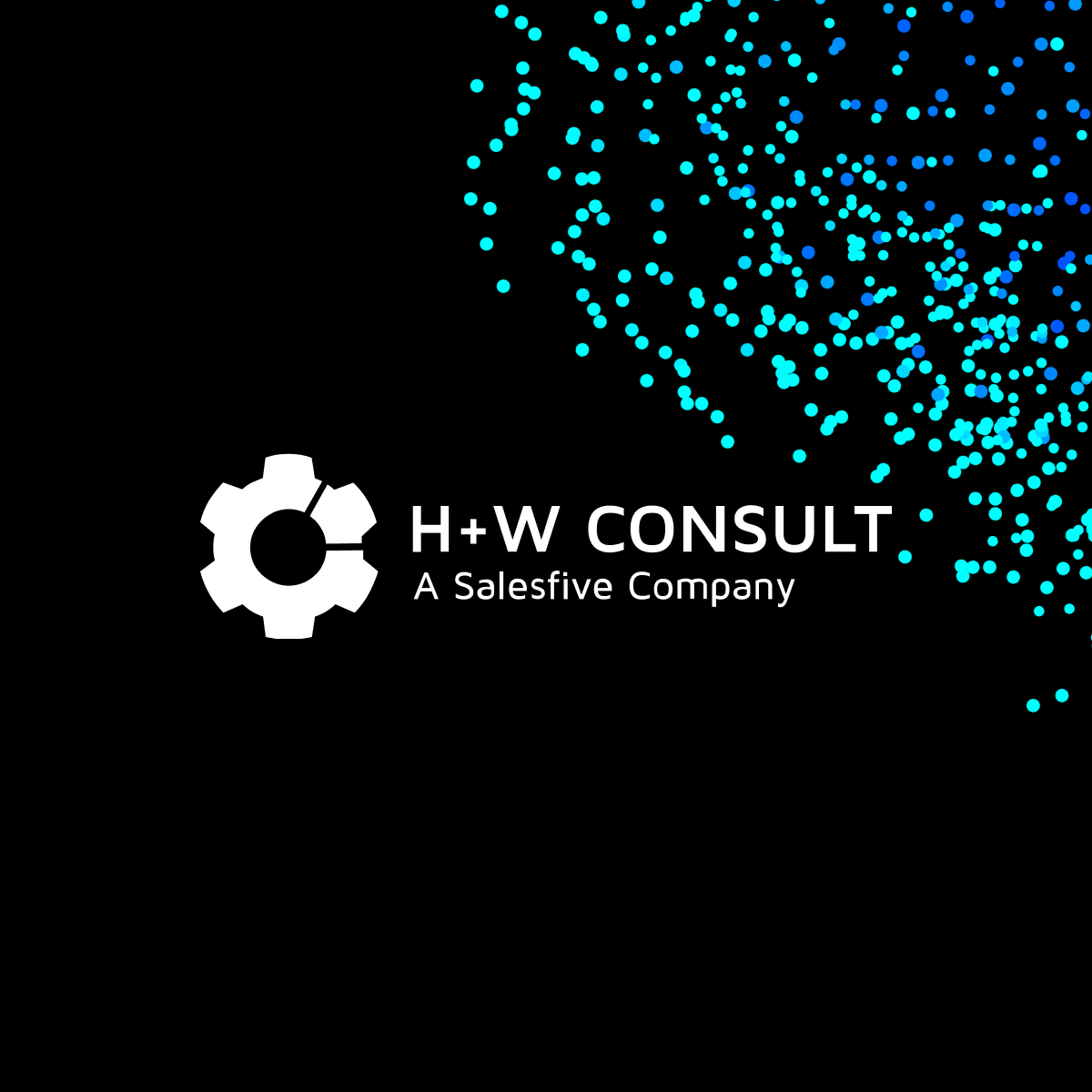Möchten Sie mehr wissen? Vereinbaren Sie ein Beratungsgespräch!
Short and sweet
Consumer goods, which are primarily intended for private use and consumption, are available in such a wide range these days that one might think consumers would lose track of them all. But this is not the case! Customers know exactly where they can get the best product for their money these days.
Sales of everyday consumer products are comparatively independent of economic cycles. After all, people always need food, medicines, personal care products, and so on. But price pressure and new trends are now challenging the industry.
#1 Secure supply chain
Safeguarding the ability to deliver is a top priority! The Corona crisis has shown the consumer goods industry that unforeseen events can occur at any time. In the future, you must take this into account in the design of your value chain. Maximum transparency and a well-positioned risk management system will help.
The question of how can be answered simply: digitally! Because conventional linear supply chains have long since ceased to meet today's requirements. To remain competitive, you need to transform your linear supply chain into dynamic and interconnected digital supply chains and networks that can collect and analyze data at every point. Learn more here.
#2 Understanding the changing customer journey
The pandemic had a strong impact on consumer behavior and still does. Even previously loyal brick-and-mortar shoppers were forced to experience online for the first time. The touchpoints that customers pass through during their journey - their customer journey - have changed. New influences are "manipulating" this journey and thus also its marketing measures. Values and attitudes are increasingly coming to the fore. This sustained awareness is also reflected in purchasing behavior.
The example of meat consumption is perfect for this. Germans ate less meat in 2020 than ever before. According to data from the Federal Agricultural Information Center (BZL), a total of 750 grams less meat was eaten per person compared to 2019. Vegetarian and vegan products are currently experiencing such a high: Sales of vegetarian and vegan foods in Germany rose, according to a Statista survey from 736 million to 1.2 billion euros in the years 2017 to 2019!
Anticipate such changes in the customer journey and use known, novel influencing opportunities to your advantage by adapting marketing strategies directly to new personas.
#3 Become mobile
This point is essential for sales in particular. Sales and business processes must be made accessible to employees and the sales force on mobile devices. Here, however, it is hardly possible to speak of a trend, as mobile availability is already standard practice in most consumer goods companies today. Nevertheless, for those where this is not yet the case, the keyword "mobile" must be put into practice in 2021.
Improving the organization, speed and efficiency of sales people on the go with an easy-to-use tablet or smartphone, rather than a cumbersome and unwieldy laptop, is so clear that the consumer goods industry and individual companies in this industry simply cannot afford not to implement it.
#4 Perfect Store Concept
The Perfect Store concept originated in the USA and the Fast Moving Consumer Goods industry (FCMG). Companies such as Coca-Cola, for example, celebrate this concept, which, simply put, describes the goal of making any market or restaurant, for example, perfect. Especially in the field of consumer packaged goods, placing products perfectly and ensuring a perfect shopping experience is a major challenge.
A perfect store, in terms of the Perfect Store concept, means the alignment of product, price, place, promotion, people and process - also known as the "6 Ps" - to get customers exactly where you want them to be, with the highest chance of getting them to buy. How you define your Perfect Store is, of course, company-dependent. But one thing is clear: sales, marketing and category management must work together here. You also need important insights into your shoppers. What helps here is the use of artificial intelligence.
#5 Artificial Intelligence
AI can make a huge difference to the customer experience. The more data you collect about your customers and harness using artificial intelligence, the better. That way, you can deliver customized offers to them.
Especially in the consumer goods industry, you need to alert your customers online to products they are likely to need again soon: Shampoo, mineral water, toilet paper, etc. Based on existing customer data, AI technologies can estimate well in advance when these products will be needed next time, and thus practically "look into the future". In 2021, however, the trend itself should no longer be regarded as a future topic, but should be incorporated into the reality and current strategies of consumer goods manufacturers.
Do you want to make AI work for your business? Here learn more about the Salesforce solution Tableau CRM and Einstein Analytics. We would also be happy to introduce you to the benefits and opportunities for your company in an initial meeting.
Even though the year 2021 is already quite far advanced, you should take these trends seriously and tackle an early implementation. We will be happy to help you put the individual points into practice with solutions tailored to your needs.
Ready for the next project? Let's talk!
We will be happy to assist you in an initial consultation.




